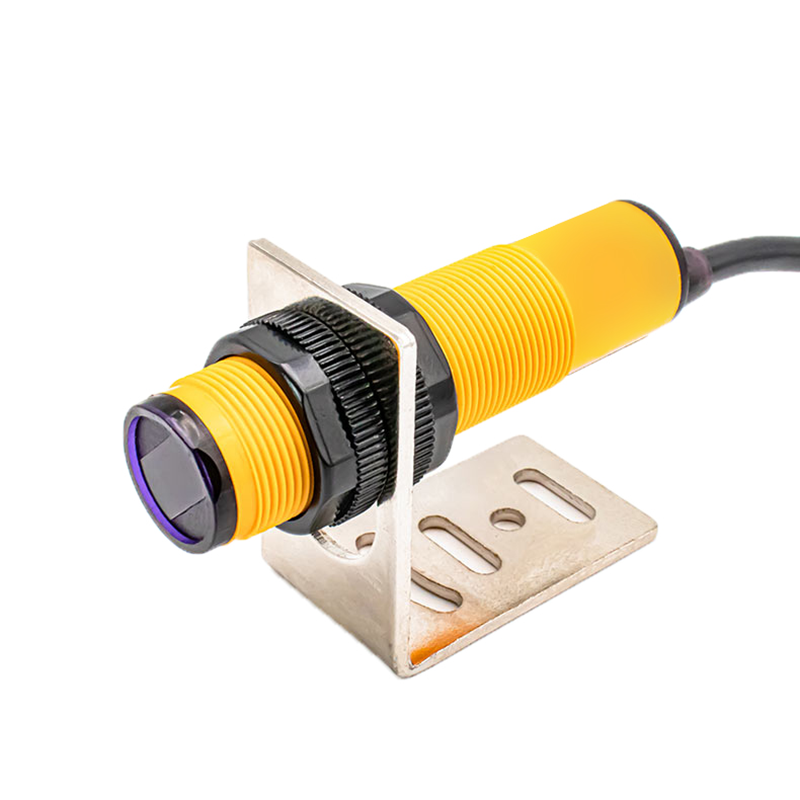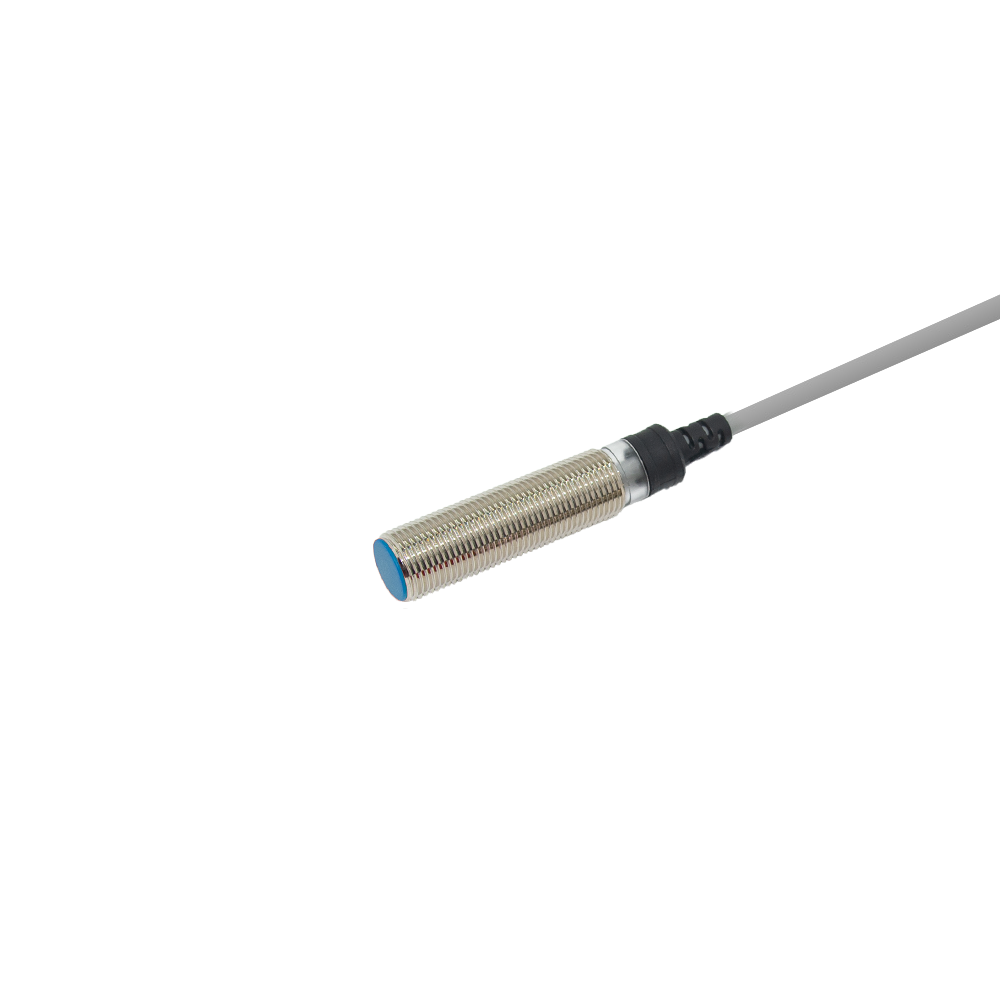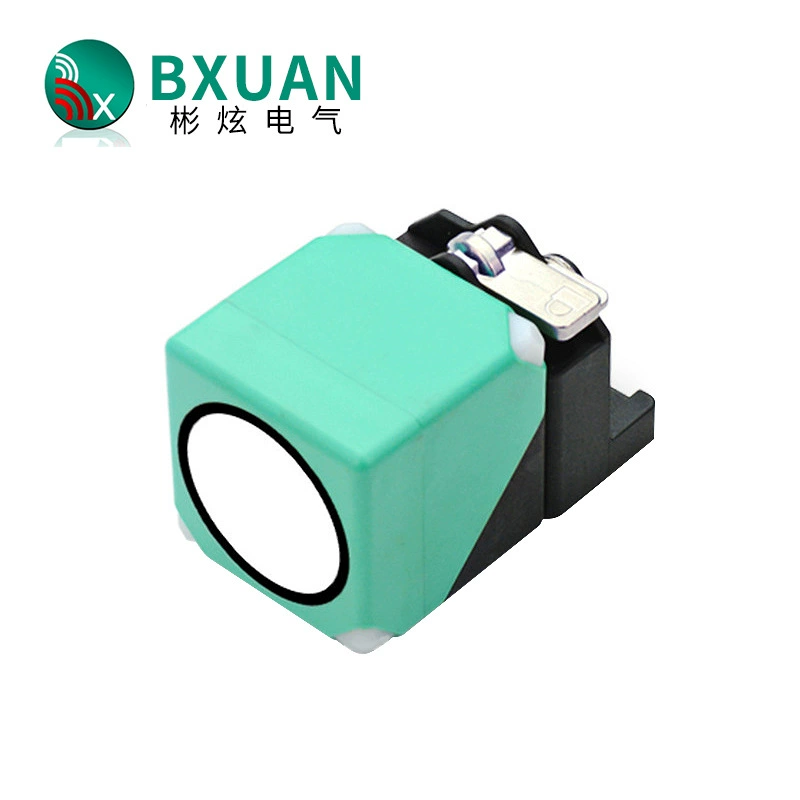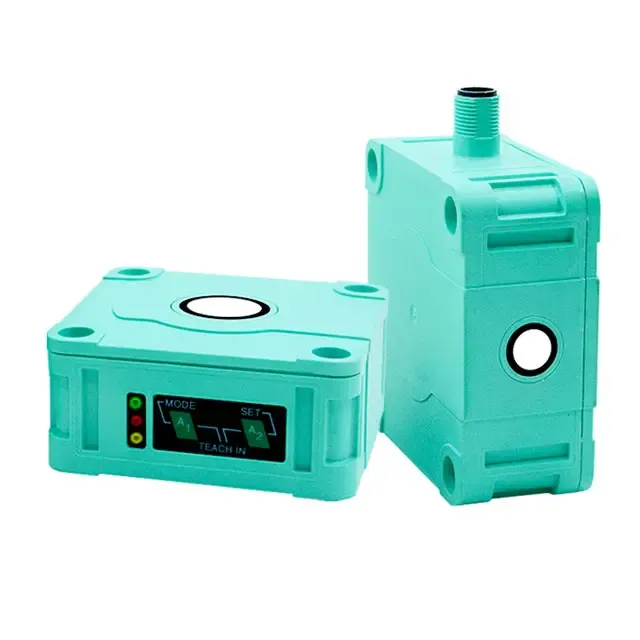pnp proximity sensor
A PNP proximity sensor is an advanced electronic device designed to detect the presence or absence of objects without physical contact. Operating on the principle of electromagnetic fields, these sensors utilize a positive switching configuration where the output sources current to the load. The sensor consists of an oscillator, detection circuit, and output amplifier. When an object enters the sensor's detection zone, it creates a change in the electromagnetic field, triggering the sensor to switch its output state. PNP proximity sensors are particularly valued in industrial automation for their reliability and precision in object detection. They operate effectively in temperatures ranging from -25°C to 70°C and typically function with supply voltages between 10-30V DC. These sensors offer various sensing ranges, commonly from 1mm to 40mm, depending on the model and application requirements. The PNP configuration makes them compatible with many modern industrial control systems, particularly those using sinking inputs. They excel in applications requiring high-speed detection and can achieve response times as fast as 0.5 milliseconds. The sensors also feature built-in protection against reverse polarity, overload, and short circuits, ensuring long-term reliability in industrial environments.










